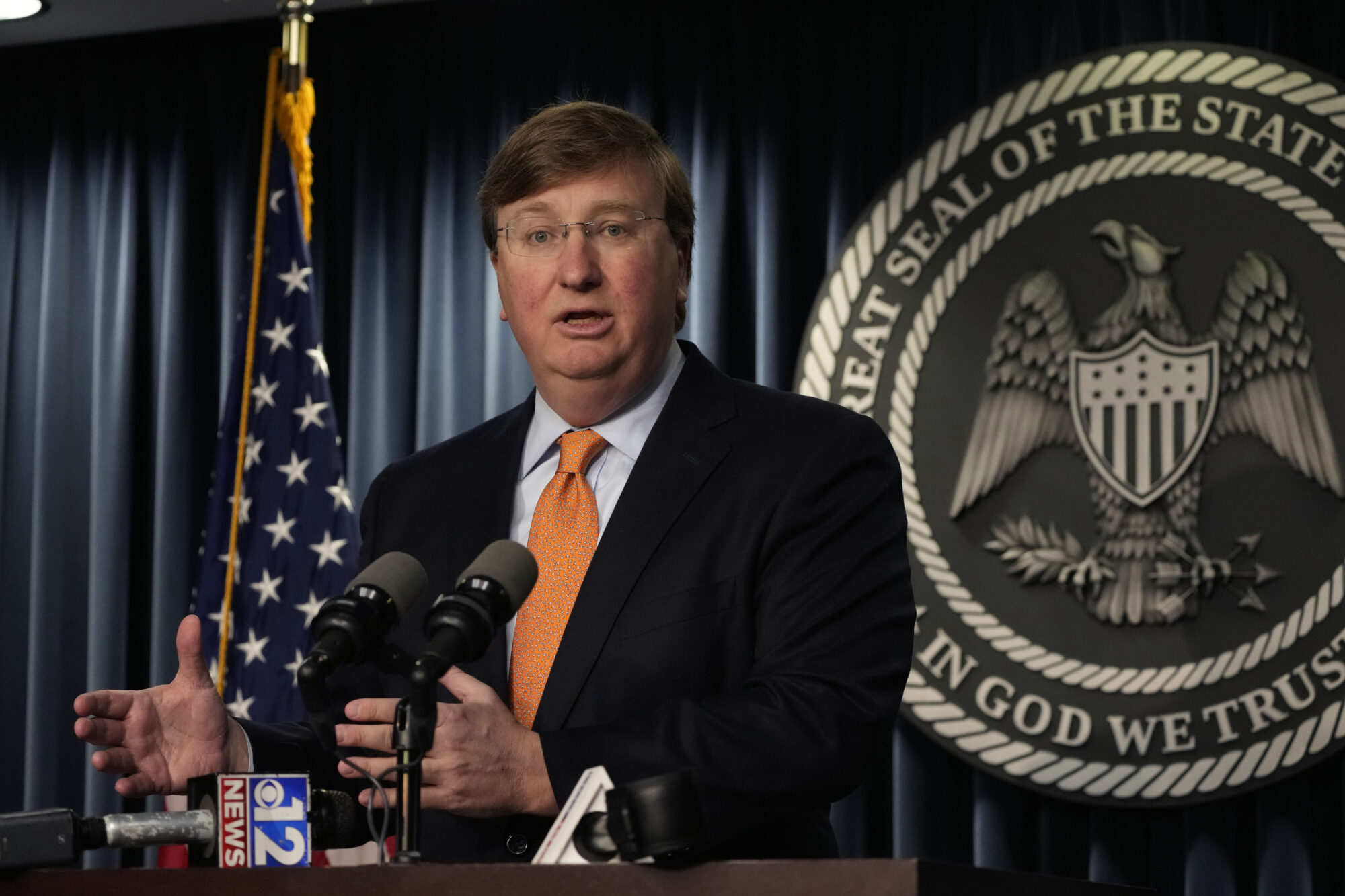Ten years ago, Mississippi’s congressional districts were redrawn by a federal court because the Legislature couldn’t agree on a plan.
The number of districts had to be reduced from five to four because Mississippi’s population hadn’t grown as fast as much of the rest of the country, so it was a political donnybrook that involved moving two incumbent congressmen into the same district. While the Legislature abrogated its responsibility, it faced a more difficult task than lawmakers do in the wake of the 2010 census.
Mississippi will retain its four congressional districts. Yet with the qualifying deadline for congressional candidates less than five months away, legislators still haven’t approved a plan.
The reason, according to the chairman of the state Senate Elections Committee, Sen. Terry Burton, R-Newton, is that Mississippi’s four congressmen can’t agree on how to draw those districts.
The matter will need to be handled in a special legislative session because waiting until the regular session in January would be too late. With the qualifying deadline Jan. 13 and party primaries in March, there wouldn’t be sufficient time to pass a plan and get it approved by the U.S. Justice Department under the federal Voting Rights Act.
Delay works to the benefit of incumbent congressmen.
Less time between approval of a plan and the qualifying deadline means less time for potential opponents to assess a prospective candidacy based on a known district.
We hope that’s not the reason our congressmen haven’t signed off on a plan.
Of course the question arises why they should have to. Shouldn’t the Legislature just get the job done?
Didn’t Lt. Gov. Phil Bryant and other senators make an emphatic statement in the 2011 session in regard to legislative redistricting that traditional “gentlemen’s agreements” weren’t fair to the voters?
But if the congressmen, in effect, have veto power over how their districts are drawn, it’s in the state’s best interest – if not theirs – to move with dispatch.
It would be inexcusable for the Legislature to kick this can to the federal courts, as it did state House and Senate redistricting. It would be equally inexcusable for lawmakers to delay to the point that primaries had to be moved and additional election expense incurred.
There isn’t much time. Talk around the Capitol suggests a special session may be coming soon on an economic development project, which would offer a good opportunity to get congressional redistricting out of the way efficiently and on a timely basis.
Lawmakers – state and federal – don’t need to drag this out.
Full story here: nems360.com
8/28/11






